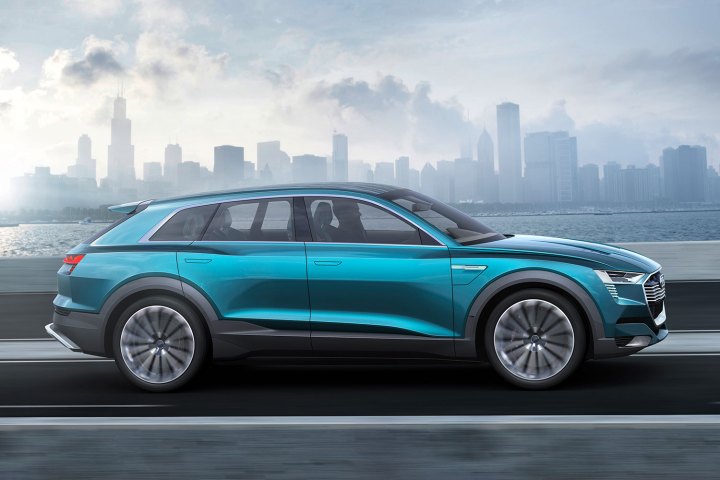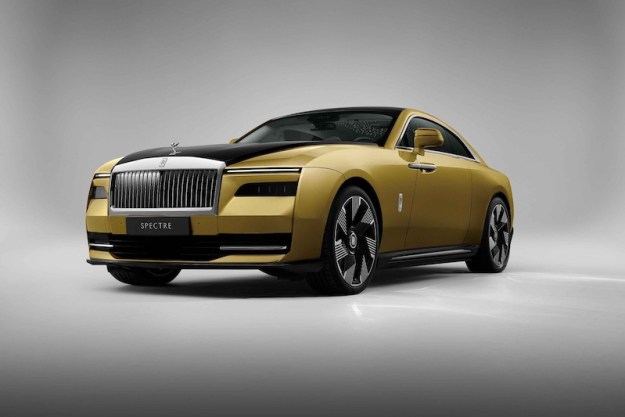
Delivering the keynote address at the National Automobile Dealers Association (NADA) convention in New Orleans, Keogh assured the dealers that in time, concerns about all-electric vehicle driving range and charging infrastructure will be history.
As quoted in a report by WardsAuto, Keogh said ranges will soon reach 400 and eventually 500 miles per charge, where now the maximum closer to 200 miles. “All this fright about where am I going to get a charge is going to go away extremely fast,” Keogh said. “The technology on this front is moving at a staggering pace.”
Keogh also said Audi would field three battery-electric models in the U.S. by 2020 and the dealer group needs to get behind the transition. “You’re going to be looking at a marketplace in the next seven, eight, nine, ten years where for 30 or 40 some brands their entire business is going to be battery-electric vehicles.”
That last statement was likely met with raised eyebrows, even though the Volkswagen Group of which Audi is part has committed to introducing 30 all-electric vehicles by 2025. So far, though dealers in general aren’t doing much to promote EV sales.
In spring 2016, Sierra Club volunteers test shopped 308 dealerships that sell EVs in the 10 Zero Emissions Vehicle (ZEV) mandate states — states where car brands have huge incentives to sell EVs — and even in those states, where you’d expect the dealers were ready and willing to sell the cars, the opposite was generally the case.
In the report summary, a Sierra Club representative said, “Ranging from not carrying electric vehicles on the lot, to insufficiently charging them for test drives, to not featuring them prominently, to not informing customers of charging capabilities or tax incentives, it’s clear auto dealerships and automakers need to be doing much better to promote and sell electric vehicles.”
Keogh admitted that auto service and repair, dealers’ greatest revenue stream, will diminish as electric cars gain market share. But he offered an alternative. “We have to look at alternative channels and start to make money,” Keogh said. “These cars are going to have to be fixed less. But you’re going to have a host of opportunities around the battery and helping the customer in their home. You have the customers, you have the scale, you have the (marketplace) presence. You need to become the 1-stop shop (on electrification). You need to be a part of their whole electric ecosystem.”
Editors' Recommendations
- Audi Q6 e-tron ushers in the automaker’s next EV phase
- Tesla’s Cybertruck finally gets a delivery date
- Can EVs be clean on a dirty electric grid?
- This city’s residents voted to ban electric scooters
- VinFast’s new electric cars will be available in the U.S. this year




